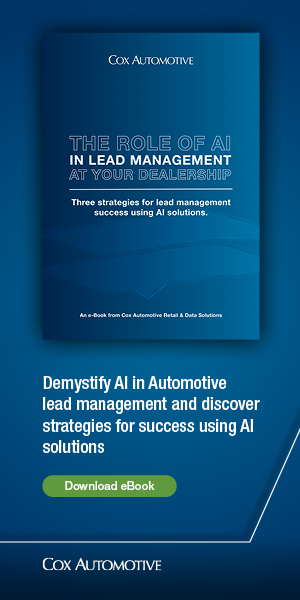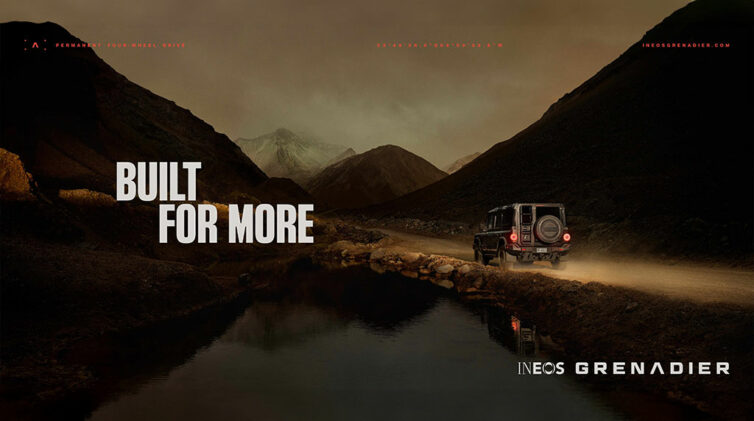As the overall sponsor for the competition, Toyota also came out a winner, while Geelong’s late exit and its position at the top of the ladder in the home-and-away season kept Ford front and centre of attention.
The grand final capped a season that put Jeep, which has been struggling with sales down 24 per cent this year, in the spotlight.
Indeed, that ‘one day in September’ was a triumph for Jeep’s marketing outfit as its 18 on-field billboards wearing the brand logo suddenly appeared in every newspaper and online news and sport sites across the country – and even out of the country.
For the losers, it was a bittersweet result.
GWS’s sponsor Kia also had its name splashed on TV screens and news pages as its team wriggled its way through rivals during the finals to take its place alongside Richmond for the premiership battle.
It was a new role for Kia that had previously held loyal to Essendon for eight years, including a drawn-out ‘supplements saga’ that embroiled the AFL club in 2012 before coming to a close in 2018.
GoAutoNews Premium understands that Essendon had asked for more money from Kia after the Australian arm of the South Korean brand had stuck by the Bombers through the dark days of the controversy – and that Kia, a bit miffed, said no more in what was already a million-dollar deal.
In 2013, the AFL fined Essendon $2 million and banned it from playing in that year’s finals in a saga that also led to the suspension of then coach James Hird and general manager Danny Corcoran.
A year later, the AFL found the 34 Essendon players involved in the scandal not guilty of a charge levied by the Australian Sports Anti-Doping Authority (ASADA) of allegedly using a tissue-regenerative drug.
But the World Anti-Doping Agency appealed to the Court of Arbitration for Sport which reversed that decision, finding 34 players guilty and suspended from playing in 2016.
In 2018, Kia left Essendon and for the 2019 season it backed GWS – a move that reinforces the notion that the brand rarely puts a foot wrong.
Even not winning the premiership doesn’t take away from some smart marketing and sponsorship foresight.
Essendon, now without a car brand sponsor, entered the first week of the finals with a match against West Coast Eagles and lost, ending its 2019 season.
Thirteen of the 18 AFL teams have car brand sponsors and many are relatively new to the game.
This year, the AFL’s oldest team that was founded in 1858, Melbourne, signed a one-year sponsorship deal with Jaguar. Melbourne finished second last on the 2019 ladder, above Gold Coast Suns that has no car sponsor.
It was also the first time Nissan had worn its logo on a Hawthorn guernsey, signing up for 2019 through to 2022. Hawthorn, which previously had Audi as its sponsor for two years, finished ninth.
For others, the relationship has been a bit longer and none more so than Ford Motor Company of Australia’s 94-year support of Geelong – regarded as the world’s longest unbroken sponsorship agreement of any sport.
It was a good year for Geelong, falling only to Richmond on the penultimate week of the season and allowing the Tigers through to the premiership fight with GWS.
The Brisbane Lions had the same knockout, falling to GWS but celebrating – in a fashion – nine years of support from Hyundai. The car-maker has also sponsored the Lions’ women’s AFL since 2017.
It’s not a one-way street. The Lions team sells more than 170 Hyundai vehicles a year through its partnership with Hyundai and the money made from the sales goes back to the club and into programs such as the Hyundai Academy.
Hyundai also supports Carlton, which ended 2019 at the third-bottom position, and has done so since 1995, making it a longer relationship than with the better-performing Lions.
After beating the Lions, Collingwood was also beaten by GWS in the following week. Collingwood signed with Holden in 2016 and has a deal until the 2020 season. The team was placed high on the 2019 ladder, a more impressive result than Holden sales to date which are down 25 per cent.
West Coast Eagles don’t have a major car sponsor but are partnered with Toyota and the WA-based Toyota Distributors WA importers.
Western Bulldogs signed with Mercedes-Benz Vans – most notably the distributor of the X-Class ute range – in 2017, while the Adelaide Crows have been with Toyota (often with the Camry logo) since 2003 and are signed on until at least 2023.
North Melbourne has played with a Mazda logo since 1999 and will keep the badges until at least 2022. It came 12th on the ladder this year.
The Sydney Swans came 15th in what is a disappointing result for the club and its auto sponsor Volkswagen, which has been a partner since 2011.
Do those teams without a car brand sponsor do better on the field? Maybe.
Essendon was the best performing non-car-backed team for 2019, finishing eighth at the end of the home-and-away season.
Others without a car on their guernsey were Port Adelaide, ending 10th; Fremantle (13th); St Kilda (14th); and Gold Coast Suns in last position.
At the end of the home-and-away season this is how the final auto sponsorship ladder looked:
1 Geelong Cats – Ford
2 Brisbane Lions – Hyundai
3 Richmond Tigers – Jeep
4 Collingwood – Holden
5 West Coast – WA Toyota
6 GWS Giants – Kia
7 Western Bulldogs – Mercedes-Benz Vans
8 Essendon Bombers – no car sponsor
9 Hawthorn Hawks – Nissan
10 Port Adelaide Power – no car sponsor
11 Adelaide Crows – Toyota
12 North Melbourne Kangaroos – Mazda
13 Fremantle Dockers – no car sponsor
14 St Kilda Saints – no car sponsor
15 Sydney Swans – Volkswagen
16 Carlton Blues – Hyundai
17 Melbourne Demons – Jaguar
18 Gold Coast Suns – no car sponsor
By Neil Dowling

















 Read More: Related articles
Read More: Related articles

